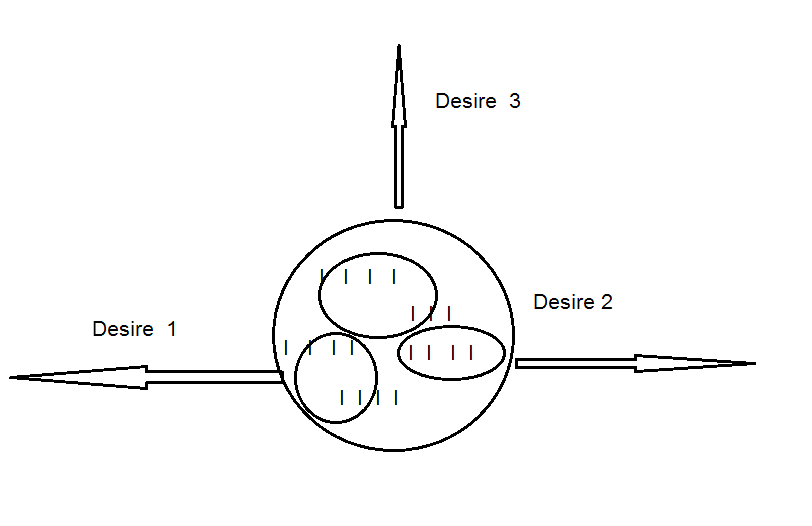Free Will
The question of the presence or absence of a man’s free will worries people, probably from the time when people began to think about it. And yet it is more interesting from a practical point of view rather than from a philosophical one.
In everyday life, man’s behavior indicates that he still proceeds from the fact that he has free will, namely the freedom to choose, the will to act, the confidence that he independently chooses actions, even oddly enough, actions that he does not like, or actions that he would like not to perform, but for some reason does.
For example, the majority would prefer not to express anger and not enter into conflict, but this happens one way or another, and if it happens, the mind, as a rule, will later tell you that it was of its own free will, that at the given moment it was the right choice. Everyone is well aware of how often he decides to change something in his life and after a while it turns out that almost nothing has been done in this direction.
Why it happens so? In the state in which a person usually resides, his will represents many desires, just as in the previous article various groups of “I-thoughts” were considered, so happens with different desires or groups of desires. They can go in different directions, or go in the same direction for a certain period of time, and after a while go in a diametrically opposite direction. And thus, the will of a person begins to go in a circle, or go in zigzags, while the person himself is often sure that he is moving in a straight line. It’s easy enough to check, try not to do some small things which you usually do. But, the best test will begin when you can implement the skill of mindful observation. Then, you will really begin to see how things stand with your will, with your choice!
